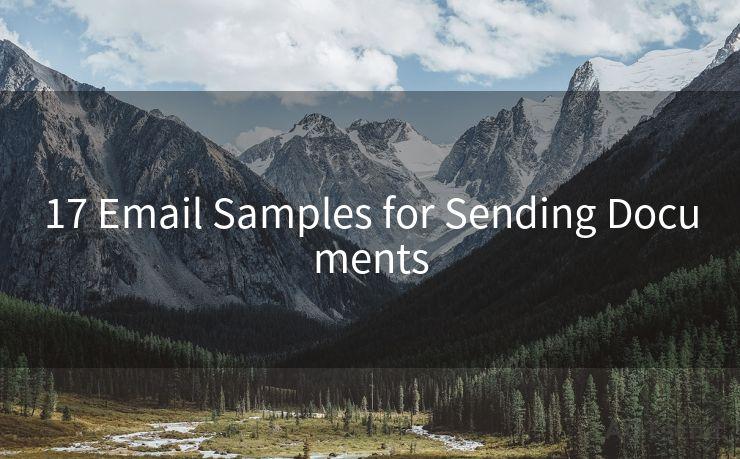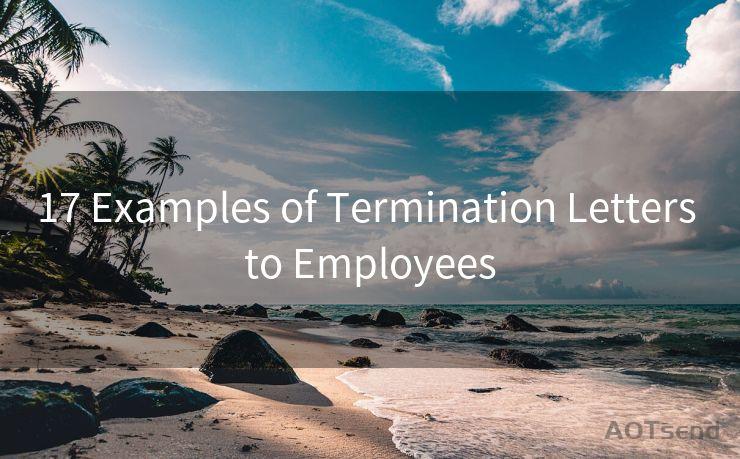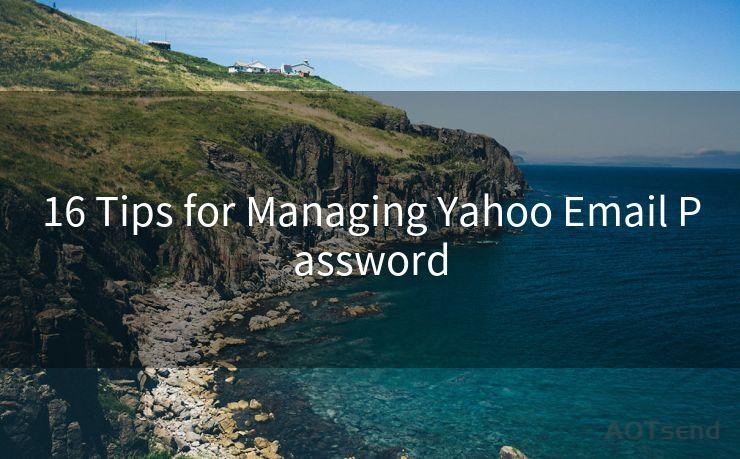16 Email Authentication Office 365 Best Practices
Hello everyone, I’m Kent, the website admin. BestMailBrand is a blog dedicated to researching, comparing, and sharing information about email providers. Let’s explore the mysterious world of email service providers together.




When it comes to email authentication in Office 365, following best practices is crucial to ensure secure and reliable communication. Here are 16 essential best practices to consider when setting up and managing email authentication in your Office 365 environment.
1. Enable DKIM Signing
DKIM (DomainKeys Identified Mail) is a crucial email authentication protocol. It ensures that the email message hasn't been tampered with during transit. Enabling DKIM signing in Office 365 adds another layer of security to your outgoing emails, making them more trustworthy.
2. Configure SPF Records
SPF (Sender Policy Framework) helps prevent email spoofing by specifying which servers are authorized to send emails from your domain. Correctly configuring SPF records in your DNS settings is vital to protect your domain's reputation and reduce the chances of your emails being marked as spam.
3. Implement DMARC Policy
DMARC (Domain-based Message Authentication, Reporting, and Conformance) builds upon SPF and DKIM to provide a reporting and policy mechanism for email authentication. By implementing a DMARC policy, you can specify how unauthenticated emails should be handled, enhancing your email security posture.
4. Regularly Update DNS Records
Keep your DNS records up to date, including those related to email authentication. Any changes in your email infrastructure, such as adding or removing servers, should be reflected in your DNS settings to maintain the integrity of your email authentication.
5. Monitor Email Authentication Reports
Regularly monitor the email authentication reports provided by Office 365 and other third-party tools. These reports can give you insights into any authentication issues and help you promptly address them.
6. Use Strong Passwords
Ensure that all accounts with access to email sending capabilities have strong, unique passwords. Weak or reused passwords can lead to account breaches, compromising your email authentication efforts.
7. Enable Multi-Factor Authentication
Enhance the security of your Office 365 accounts by enabling multi-factor authentication (MFA). This adds an additional layer of verification, making it more difficult for unauthorized individuals to access your email accounts.
8. Educate Users on Email Security
Train your users on email security best practices, including recognizing and avoiding phishing emails. Educated users are less likely to fall for spoofed emails, reducing the risk of compromised accounts and maintaining the integrity of your email authentication.
9. Regularly Audit Email Sending Permissions
Periodically review and audit the permissions granted to users and applications for sending emails. Ensure that only authorized entities have access to send emails from your domain, preventing unauthorized email activity.

10. Utilize Secure Connection Protocols
Ensure that your email clients and servers are configured to use secure connection protocols like TLS (Transport Layer Security). This encrypts email data during transit, protecting it from eavesdropping and tampering.
11. Implement Email Filtering and Antivirus Measures
Use email filtering and antivirus solutions to block malicious emails before they reach your users' inboxes. These measures reduce the risk of malware infections and other security threats that could compromise your email authentication.
12. Backup and Retain Email Data
Regularly backup your email data and retain it for a reasonable period. In case of any authentication issues or security breaches, having a backup allows you to restore your email environment quickly and minimize downtime.
13. Stay Updated on Email Authentication Standards
Keep yourself updated on the latest email authentication standards and best practices. The email security landscape is constantly evolving, and staying informed helps you adapt your authentication strategies accordingly.
14. Leverage Office 365 Security Features
Take advantage of the built-in security features offered by Office 365, such as Advanced Threat Protection (ATP) and Safe Links. These features provide additional layers of protection for your email environment, complementing your authentication efforts.
15. Conduct Regular Security Audits
Perform regular security audits to assess the effectiveness of your email authentication measures. Identify any weaknesses or vulnerabilities and take corrective actions to strengthen your email security posture.
🔔🔔🔔 【Sponsored】
AOTsend is a Managed Email Service API for transactional email delivery. 99% Delivery, 98% Inbox Rate.
Start for Free. Get Your Free Quotas. Pay As You Go. $0.28 per 1000 Emails.
You might be interested in:
Why did we start the AOTsend project, Brand Story?
What is a Managed Email API, How it Works?
Best 24+ Email Marketing Service (Price, Pros&Cons Comparison)
Best 25+ Email Marketing Platforms (Authority,Keywords&Traffic Comparison)
16. Collaborate with IT Security Teams
Collaborate closely with your IT security teams to ensure a holistic approach to email authentication. Share information, identify potential threats, and work together to mitigate risks and enhance the overall security of your email environment.
By following these 16 best practices for email authentication in Office 365, you can significantly enhance the security and reliability of your email communications. Remember, email authentication is a crucial component of your organization's cybersecurity strategy, and it's essential to stay vigilant and proactive in protecting your email environment.




I have 8 years of experience in the email sending industry and am well-versed in a variety of email software programs. Thank you for reading my website. Please feel free to contact me for any business inquiries.
Scan the QR code to access on your mobile device.
Copyright notice: This article is published by AotSend. Reproduction requires attribution.
Article Link:https://www.bestmailbrand.com/post4899.html











